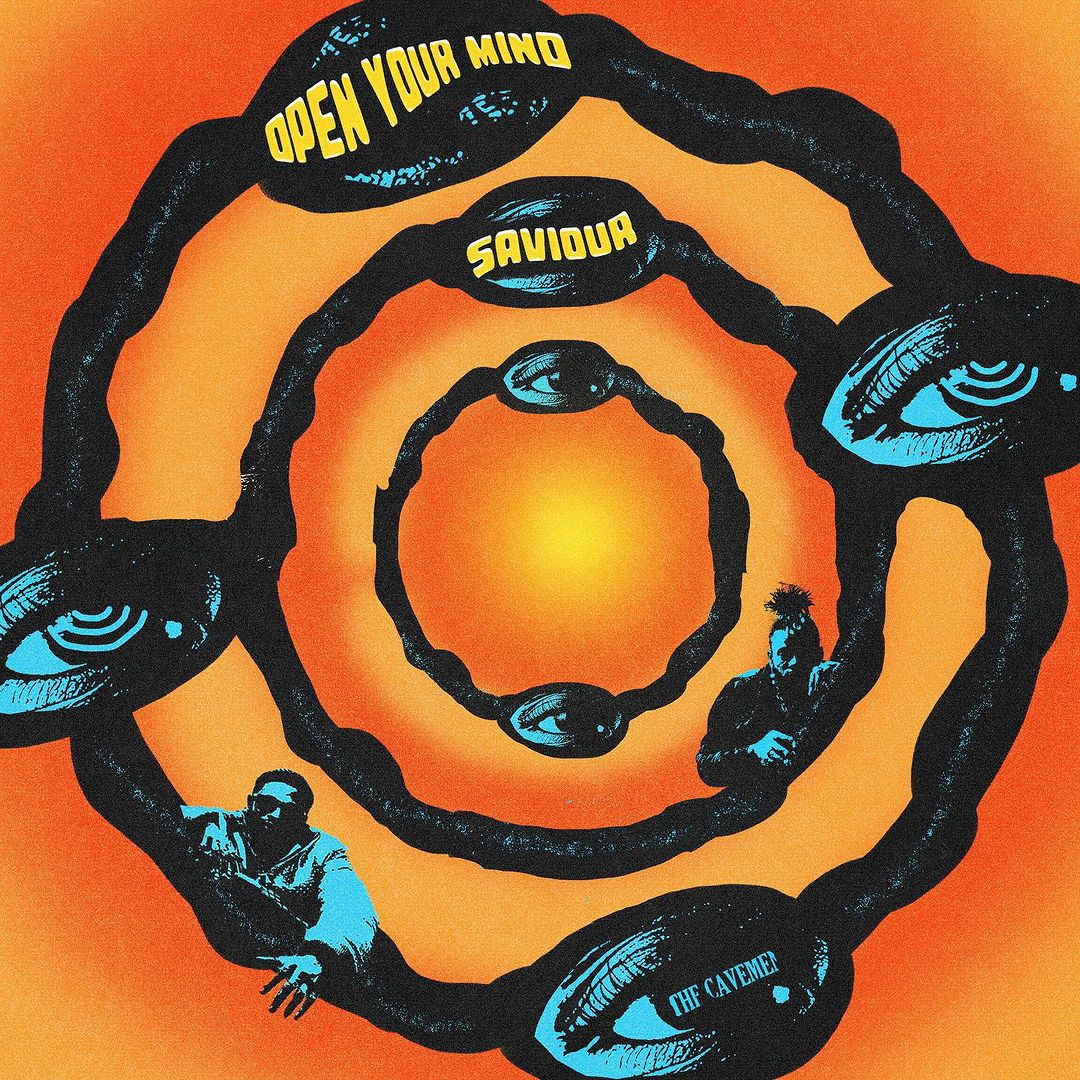
Best New Music: The Cavemen Tell Poignant Stories On “Open Your Mind” & “Saviour”
brilliant neo-Highlife tunes

brilliant neo-Highlife tunes
The Cavemen’s objective, when they debuted on the music scene, was clear: they were new-generation Highlife acolytes seeking to put a modern spin to a unique, ancient sound. The group—made up of brothers Benjamin and Kingsley Okorie—have cultivated a loyal following of old and young across Africa and the rest of the world, gaining listeners with every song release.
View this post on Instagram
For this year, The Cavemen open their account with the two-song pack of “Open Your Mind” and “Saviour.” Both songs, like every one of The Cavemen’s music, are steeped in bright Highlife-sweetened instrumentals. The former is produced by Duktor Sett while the latter is produced by The Cavemen These songs also come in between The Cavemen’s successful run of tours.
“Wetin I go talk o (Baby open your mind)/Wetin you go see o (Baby open your mind),” The Cavemen sing on “Open Your Mind,” a fun track where the brothers urge an unnamed woman to embrace acceptance of new ideas. While the song isn’t chock full of lyrics, it’s the arrangement and production that makes it an enjoyable affair. Courtesy of Duktor Sett—whose Highlife allegiances are openly displayed on Basketmouth’s music projects—the drums, percussion and call-and-response vocals give “Open Your Mind” a homegrown effect that stirs The Cavemen’s motif of both nostalgia and invention.
With the massive popularity of Afropop in the world, The Cavemen took a creative risk by sticking to their passion for Highlife. That risk, though, has paid off as they are becoming regular features on the tracklists of mainstream acts as well as securing for themselves, with their festivals and tours, a crowd of fans who root for their music. The Cavemen have appeared in the projects of acts such as Kizz Daniel, BNXN, Asa and Davido.
“Highlife is a combination of brains and beauty. You can dance to highlife, you can meditate to highlife. That is all we have always wanted. To us, we think things are too deep around us, let us create an avenue where people can do whatever they want to do,” Kingsley Okorie told the NATIVE. That innate capacity for Highlife to entertain and educate is the essence of all of The Cavemen’s music from “Osondu” in 2020’s ‘ROOTS’ to “Selense” in 2021’s ‘Love and Highlife.’
If “Open Your Mind” is meant for the body, “Saviour” is food for the mind. On the latter, The Cavemen reject bearing the faults of people who seek to only use and discard them. “You put me for wahala/You come see palava/You wan do me wayo/You con see palava/You come run away/I no want your own,” they sing. The mood of the song is solemn, with The Cavemen’s vocals preaching the need to not play the fool. Like on “Open Your Mind,” the signature Highlife elements—from drums to guitars to percussion—are present.
In another sign of The Cavemen’s impact on the music scene, they are billed to perform at the Tottenham Hotspur Stadium for Wizkid’s More Love, Less Ego Tour. “Open Your Mind” and “Saviour” show that the brothers will not cease to cater to their audience’s need for Highlife music that speaks the common human languages of happy and worrying times as well dance and contemplation. Theirs is music for the body and soul.
Stream the new release below.
Featured image credits/

